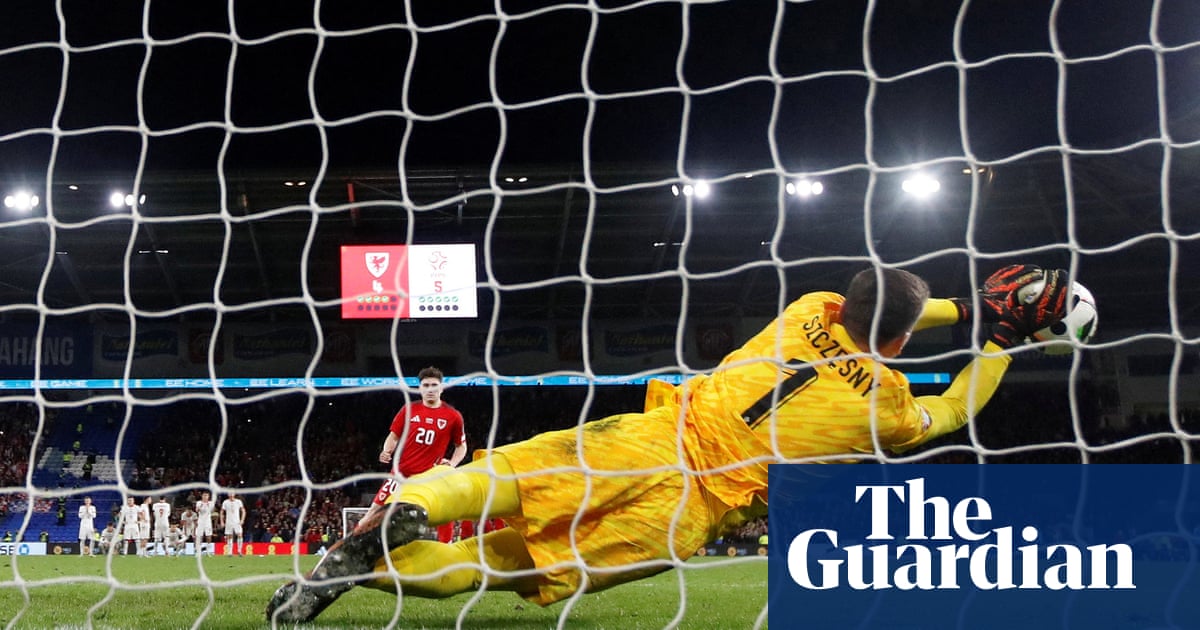
If a week is a long time in politics, 24 months is an eternity. Tories are gathering in Manchester highly conscious that their party last met for an in-person conference two tumultuous years ago. Since he last strutted on a conference stage, Boris Johnson has divorced his second wife, married his third, won his party a fourth consecutive term and had what he says is his sixth child (other estimates are available).
He has bungled his way through a pandemic that almost killed him, in both the literal and political senses, before the vaccination cavalry rode to the rescue. He has wrenched Britain out of the EU after unlawfully proroguing parliament, purging Remainers from his party and beguiling opposition leaders into foolishly letting him have an early general election.
At their first non-virtual conference since that election, even the most Johnson-sceptical Tories will salute him for winning it large. Conservatives like power and they will forgive a lot in a man who secured their largest majority since Margaret Thatcher’s 1987 landslide. Talking of whom, some of Mr Johnson’s more overexcitable under-strappers hailed the ruthlessness of his recent reshuffle as evidence that he is in “invincible mode” and plans to outdo the Iron Lady’s 11 years at Number 10. Before they are entirely consumed by hubris, someone at that address ought to brush up on the classics. When victorious Roman generals paraded through the streets before worshipping crowds they were accompanied by a slave whose role was to continuously whisper an ego-checking message in the commander’s ear: “Memento mori.”
The Tories will be feeling pleased with themselves in Manchester, but they best be careful how much of that self-satisfaction they display to the public when many Britons have been unable to refuel their vehicles or have been forced to squander their time queuing for petrol. Even members of the government refer to an “EFFing” crisis because the fuel famine is being accompanied by surging energy prices and food shortages. The army has been put on standby. And they used to say that Labour would turn Britain into a version of Venezuela.
This gives fresh force to a familiar question about the character of Mr Johnson and his government. When Dominic Cummings described the man he worked with at Number 10 as “ludicrously” unfit to be prime minister, it was not just non-Tories who found themselves in sudden agreement with Mr Cummings. There are plenty of Tories who think Mr Johnson is just not up to it. “The trouble with Boris is that he’s not very interested in governing,” says one former Tory cabinet minister. “He’s only interested in two things. Being world king and shagging.”
The charge that his regime is fundamentally incompetent, so often made and with so much justice during the pandemic, is back and with a sting. One of the first duties of any government is to ensure that essential goods and services are available to the public. The fuel and food crises are the result of a failure to plan ahead, rooted in an unwillingness to listen to expert warnings about the consequences of a lack of HGV drivers. A senior Tory who was centrally involved in Brexit planning reveals: “They haven’t done the work. We were looking at driver shortages and what to do about them three years ago. Where was the bloody plan to prepare for this?”
Some of the disruption can be attributed to the stress put on supply chains by the pandemic, but business groups agree that it has been greatly exacerbated by the severe rupture in relations with Britain’s closest neighbours that has been Mr Johnson’s signature contribution to our recent history. Shortages both of key workers and essential goods are the result of Britain choosing to shrink its pool of potential labour while abandoning a smooth trading system for one with high and costly levels of friction. After initially denying that these many crises might have something to do with Brexit, ministers have since announced a limited ration of short-term visas for poultry workers and lorry drivers from the EU, a grudging concession to reality that is too late and too slight to put things right.
The acutest anxiety among Tory MPs is that Britain is heading into what one former cabinet minister calls “a bleak midwinter”, during which empty shelves in the shops will be accompanied by sharply rising food prices. That will be compounded by hefty increases in home gas and electricity bills. Inflation has not been a highly salient issue in British politics since Rishi Sunak was a teenager and Mr Johnson was still married to his first wife. One thing inflation does is make all the decisions government has to make about taxation and spending that much more crunchy and contentious. As for the public, it is probably a decent assumption that they will respond in the same way as voters did when the cost of living was last a hot issue. Which is to say, it will make people unhappy with the government.
The households that will hurt most are the just-about-managing whose family budgets are already tight, many of them exactly the kind of working-class voter who delivered a majority to the Conservatives at the last election. This cohort, a lot of them first-time Tory supporters in 2019, will also feel the effects of the end of furlough, the hike in national insurance which will eat into pay packets from next spring and the cancellation of the £20 uplift in universal credit which will bite on Wednesday, the very day Mr Johnson makes his conference speech. Boosterish blather about “levelling up” will ring particularly hollow if the living standards of millions of people are being crunched down. This presents a serious test for the government and a significant opportunity for its opponents. Labour’s spokespeople are now under instruction to use the phrase “Tory cost of living crisis” at every available opportunity. This is a sign that Labour, which had a fractious but ultimately invigorating conference in Brighton, is sharpening up its act. “Starmer finally seems to be working out what his targets ought to be,” says one senior Tory who confesses to being mildly impressed by the Labour leader’s performance on the Sussex coast. “That should worry us a bit.”
Of the speeches in Brighton, two stood out as indicators that Labour is becoming more focused on the terrain where the outcome of the next election is most likely to be decided. In an impressive conference debut as shadow chancellor, Rachel Reeves placed her emphasis on the “everyday economy” and the people whose lives and livelihoods depend on it. Her pitch was squarely aimed at the voters, many to be found in provincial towns and small cities, that Labour needs to attract from the Tories. Ms Reeves put her party on the side of hard-pressed workers against rotten employers, on the side of taxpayers against contractors who rip off the public purse and on the side of small and medium-size businesses facing unfair competition from tech giants who don’t make a fair contribution to the societies from which they profit. It is a compliment to her that a pressure group of northern Tory MPs has since issued a demand that the government cut business rates in the high street after her pledge to abolish rates altogether.
In a leader’s address that needed to be the best speech of his life and was, Sir Keir Starmer drew on his biography as the son of a skilled toolmaker and a dedicated nurse who rose from an unprivileged background to become director of public prosecutions. He used his life story to define himself as a champion of the dignity of work, the nobility of service and the value of education and against criminals, hard leftists mouthing empty slogans and unpatriotic Tories who encouraged booing of England’s World Cup squad. A sharp contrast was drawn with Mr Johnson and a sharp line was drawn under Corbynism. This signalled an intent to engage the Tories on tracts of the political battlefield that Labour abandoned under its previous management.
Even with the government’s current problems, it remains exceptionally hard to find a Tory who fears that Labour can win the next election. Even though the conference ended on a high note, Labour people remain daunted by the immense mountain they have to climb to regain power. That said, the contest ought to become more competitive if Labour builds on the successes of its conference and the Tories continue to lurch from one crisis to another while hubristically telling themselves they can never lose. As the turbulence of the past 24 months has demonstrated, a lot can happen and a lot of it unexpected in two years.












